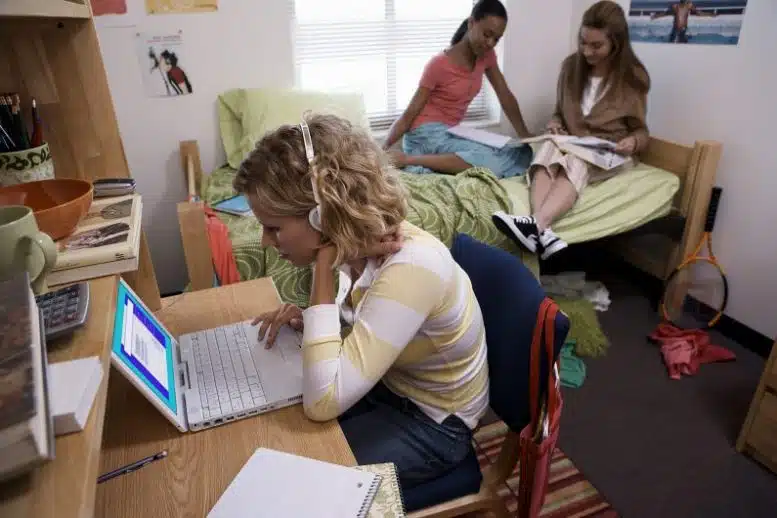Institutional interest in student housing grows
According to TH Real Estate’s latest research report, THINK US: Student housing, institutional interest and investment in the sector is growing and totaled approximately $9 billion in 2016. The report examines the favorable demographic trends that underpin demand as well as strategies for success in the sector.
The report finds millennials, those born between 1981 and 1997, are pursuing college and post-graduate degrees in record numbers, creating a huge demand for student housing. These students are seeking custom-designed complexes, with private bedrooms and bathrooms, as well as high-end amenities such as swimming pools, fitness centers and state-of-the-art internet connectivity. In the United States, however, this type of stock represents the exception rather than the rule, as the majority of existing stock is older and located a significant distance from campus. Astute investors are looking for opportunities to capitalize on this supply/demand gap by investing in high-quality product close to campus or by looking for opportunities to renovate older, well-located product.
Additionally, TH Real Estate reports further opportunities for investment exist due to state budget cuts. Higher education in the United States is facing funding cuts in many states, with per-student spending on higher education for 2015 below that of 2008 in 47 states. This presents an opportunity for investors to provide on-campus housing stock that universities are unable to provide.
According to the research, the sector is also less economically sensitive than the conventional apartment sector, which is driven largely by employment growth. By comparison, the student housing market does not experience a demand surge during boom times; in fact, post-secondary enrollment often declines modestly during economic recoveries as prospective students are attracted by plentiful employment opportunities.
“Rental growth in the sector has proven to be less volatile than that of conventional apartments — partially as a result of the sector being less economically sensitive. Results for some of the largest players in the market show rental growth volatility, as indicated by the standard deviation, was lower than conventional apartments, and capital expenditures are in line with those of conventional apartment,” said Tom Park, senior director, strategy and research, in a statement.
The sector is, however, not without its risks, including students not paying their rent or damaging property, as well as the rising cost of tuition deterring students from attending university. TH Real Estate finds the former is mitigated by the need for parents or guardians to co-sign leases and provide damage deposits. In addition, the research finds college costs are indeed rising but typically at a modest rate, especially for in-state students.
The two largest investors in the sector, American Campus Communities and Education Realty, collectively have only an estimated 2.1 percent market share in top university markets, suggesting there is significant investment opportunities in the sector. Additionally, the REITs’ investments and targeted investments are largely located off-campus, with their portfolios having a median distance to campus of only 0.1 miles. While proximity has advantages, it often comes at a cost for renters. For many students, more affordable accommodation in relative proximity to campus (within one to two miles) is an acceptable trade-off. Properties located further from campus can still generate attractive rental rates and occupancies. Lastly, both REITs are heavily reliant on development and do not always compete directly for acquisitions of existing product. Notably, REITs accounted for only 5 percent of student housing acquisition volumes in 2016, compared with 38 percent for institutional investors.
Recent IREN U.S. student housing coverage includes:

